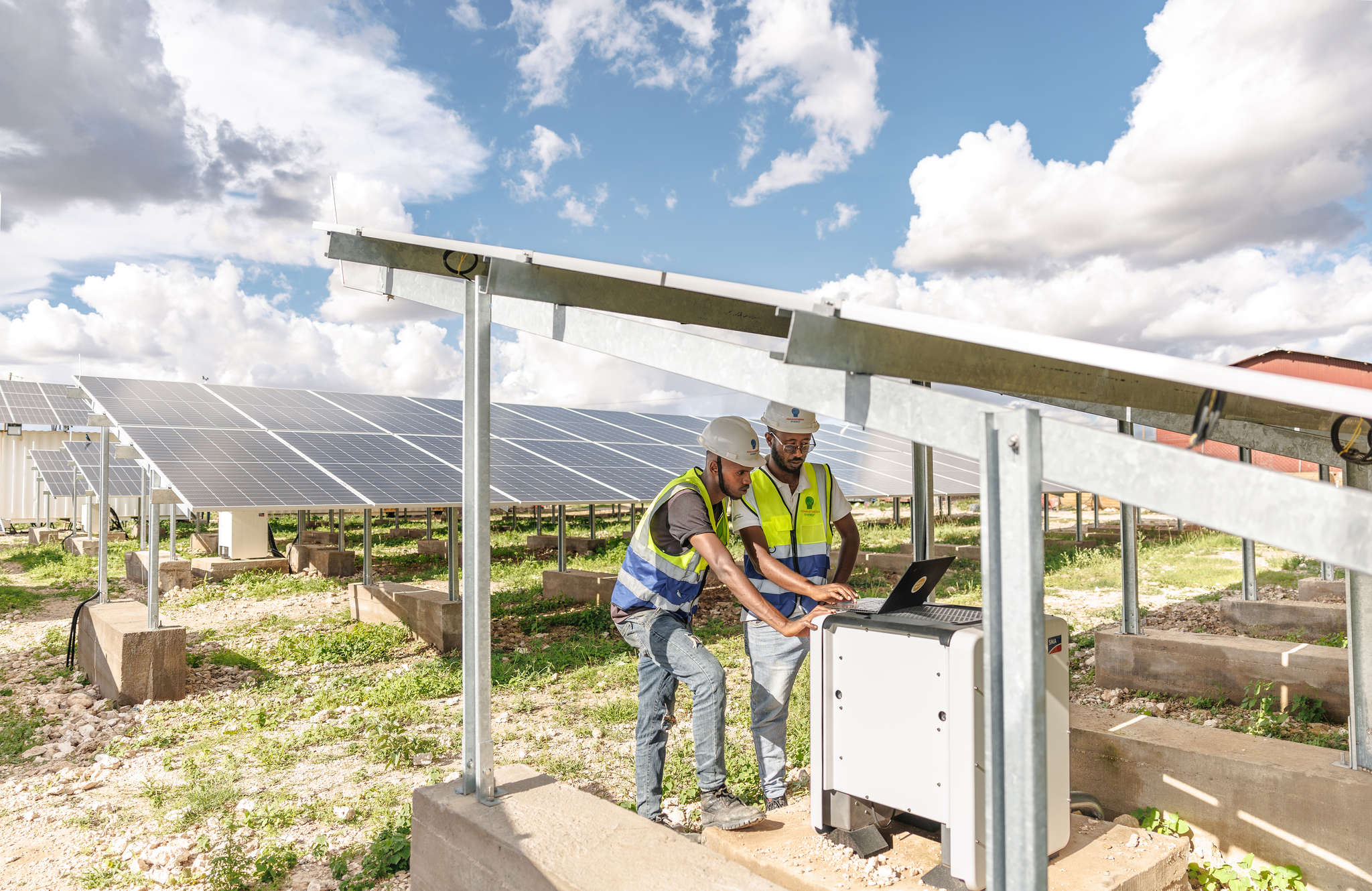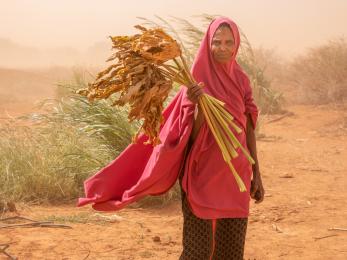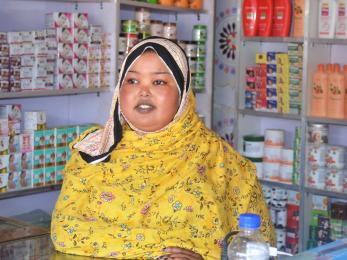Breadcrumb
Ethiopia
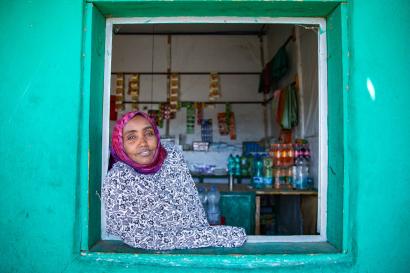
Since 2004, Mercy Corps has supported communities in Ethiopia to improve livelihood opportunities and grow climate resilience. In 2024, our work reached over 3.9 million people across the country.
The context
Ethiopia has one of the fastest growing economies in Africa, and the second highest population on the continent with more than 129 million people. Despite its rapid economic growth, the country remains one of the lowest-income countries in the world. Conflicts and violence have forced people to flee from their homes, creating widespread instability. Agriculture is the largest economic sector and source of employment, however farmers and pastoralists struggle to manage the effects of climate change, where long droughts have decreased crop yields and damaged livelihoods.
Many households are in need of humanitarian aid and resources, particularly food and nutrition support. Internally displaced people, refugee and host communities require stable livelihoods to build resilience to shocks from climate change and conflict. More than 4.3 million are internally displaced due to ongoing conflicts in Ethiopia, while also hosting 820,000 refugees who fled from conflict and the effects of climate change from neighboring countries like South Sudan, Eritrea, and Somalia. It is estimated that less than 7% of people who have been forcibly displaced have sufficient full-time access to electricity, deeply hindering their ability to rebuild their lives.
Our impact
Mercy Corps provides immediate and long-term assistance to Ethiopians and refugees. Through partnerships with local governments, corporations, and entrepreneurs, Mercy Corps supports vulnerable communities as they build economically secure and climate-resilient futures. Our programs make an impact across these areas:
Expanding economic opportunities and inclusive, culturally relevant livelihood support
Mercy Corps’ approach to foster economic growth works through interconnected pathways like livelihood training, developing market systems that support economic opportunities, and providing financial inclusion. Particularly for people from marginalized backgrounds like women, refugees, and communities affected by conflict, our programs provided business skills training, mentorship, and connection to markets that were incentivized to provide an outlet for participants to earn incomes. For example, smallholder farmers from refugee and host communities in the Gambella region received agricultural support like seeds and fuel to increase yields and were connected to marketplaces to sell their crops.

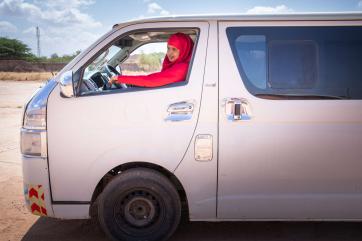
Through partnerships with local financial institutions, Mercy Corps programs offer digitized Sharia-compliant, interest-free loans. Over 31% of Ethiopia’s population practices Islam, which follows tenets that prohibit giving or receiving a loan that requires interest payments. The innovative program’s e-commerce platform increases access to loans used to purchase homes, land, and start or grow businesses. More than 74% of the digital loan clients had never received a loan before, and 52% of digital loan clients are women. By providing culturally inclusive financial services, more Ethiopians have opportunities to establish security for their communities.
Improving pathways to sustainably produced and nutritious food
By working directly with households to meet their immediate food and nutrition needs, while strengthening their resilience to climate shocks, Mercy Corps is helping communities build stronger food systems. From delivering cash aid so families can purchase supplies that are essential for their households to providing rural farming communities with climate-smart, nutrient dense seeds, our programs are improving access to food security and increasing stability in the food system.
Our programs are locally led, where we collaborate with communities to find specific solutions for their challenges. For example, in rural areas where livestock is the main source of income, Mercy Corps programming focuses on promoting manageable herd sizes for sustained milk production, providing training on food safety and hygiene for milk collection, and promoting cost-sharing for easy-to-clean cans which reduces contamination and extends milk shelf life in households. Solutions like this increase availability of healthy food while also supporting livelihoods.
Connecting communities to reliable and affordable energy
Through the Enter Energy Initiative, Mercy Corps is fostering public-private partnerships to provide access to sustainable energy and improve climate resilience in communities affected by displacement. As part of the Enter Energy initiative in Ethiopia, Mercy Corps cofounded Humanitarian Energy, to deliver the country’s first private solar-powered mini-grid to the refugee and host communities in Sheder in northeastern Ethiopia.

In Sheder Refugee Camp, entrepreneurs struggled to keep their businesses open without reliable, consistent access to electricity. More than 14,600 people reside at the camp, made up of people who fled from conflict in the neighboring Somalia. Many families have lived at the Sheder Refugee camp for more than a decade, building community and cultivating livelihoods. The access to solar power has helped the community thrive —income has improved, plans for streetlights will increase safety at night, and families will expand climate resilience by replacing harmful traditional cookstoves with e-cooking devices.
Increase access to clean water and hygiene
Mercy Corps supports drought-affected households by installing solar-powered water pump stations that provide increased access to clean and safe water, while also promoting hygiene and delivering supplies to schools and the community. In the Shaballe Zone of Somali Region, Mercy Corps partnered with the local government to support the development of a new water treatment system that will draw from the Shabelle River. More than 14,200 households have improved access to safe water for personal use and for their livelihoods in agriculture.
Our team also sees a great opportunity to tap into the private sector to reach more underserved communities. Currently, Mercy Corps is engaging with private partnerships in Amhara region to attract investments to increase sustainable water supply in the area.
